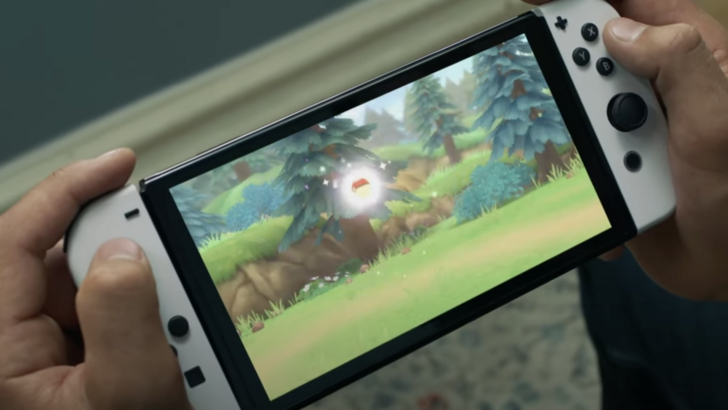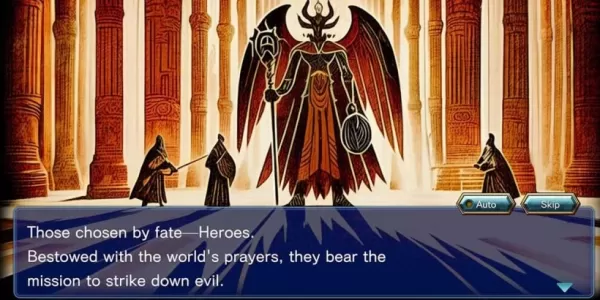What Are Meta-Horror Games and Why Are They So Unique?
The horror gaming landscape is constantly evolving. Developers constantly strive to create new ways to evoke tension and fear, but familiar mechanics can quickly become predictable. The success of a horror game often hinges on its design, narrative, and overall storyline. While truly innovative horror experiences are rare, some games stand out for their unique approach to fear. Let's explore these exceptional titles, categorized under the umbrella term "meta-horror."
Meta-horror, a subgenre of horror games, distinguishes itself by breaking the fourth wall—directly interacting with the player, not just the in-game world and characters. This innovative technique elevates the gaming experience, creating intrigue and astonishment. If you've played (or watched playthroughs of) the games discussed below, you'll likely understand this unique feeling.
An early example of fourth-wall breaking is Psycho Mantis from *Metal Gear Solid*. His ability to "see" your saved games and even ask you to put down your controller was revolutionary in 1998. Hideo Kojima masterfully utilized the DualShock controller's capabilities, creating a truly memorable and unsettling encounter. While this technique has been replicated in games like *Deadpool*, *Detroit: Become Human*, and *Nier: Automata*, few have matched its impact or innovative use of technology.
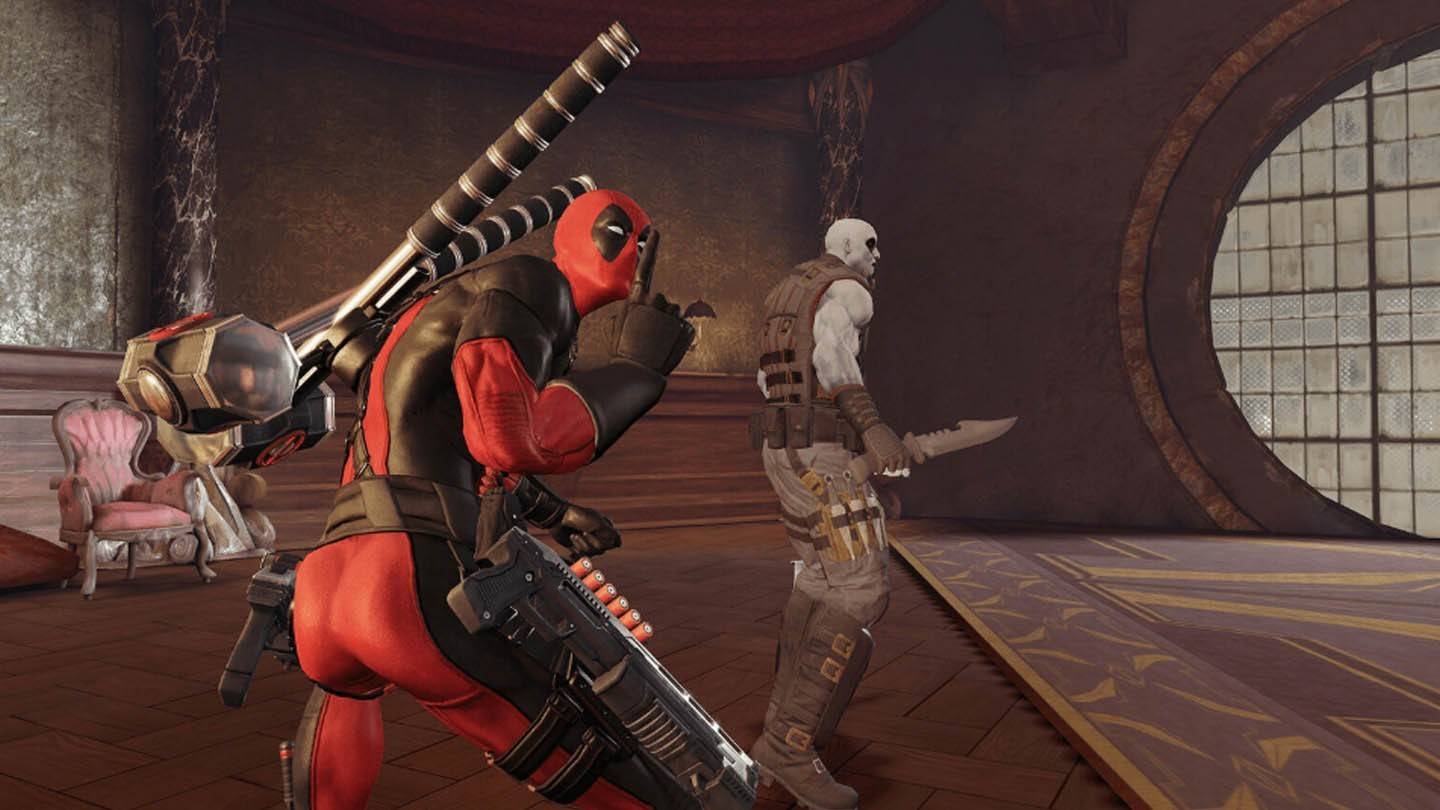
More recently, games like *Miside* have been labeled as having "elements of meta-horror," though its implementation is primarily limited to player interaction within a complex "game within a game" structure. This deserves further discussion in the future.
Now, let's delve into some notable examples of meta-horror games:
Table of Contents
Doki Doki Literature Club!

Released in 2017, this visual novel initially presents as a charming romantic comedy, but quickly takes a dark and unsettling turn. It's a prime example of meta-horror! The game interacts with the player beyond simple dialogue; it accesses your operating system username and creates files, seamlessly blending storytelling and gameplay mechanics. The unique approach of this game with its endearing 2D characters quickly garnered a large following, sparking discussions and analysis. While not the first to employ these techniques, *DDLC* popularized this style of meta-horror, leaving fans eagerly anticipating future projects.
OneShot
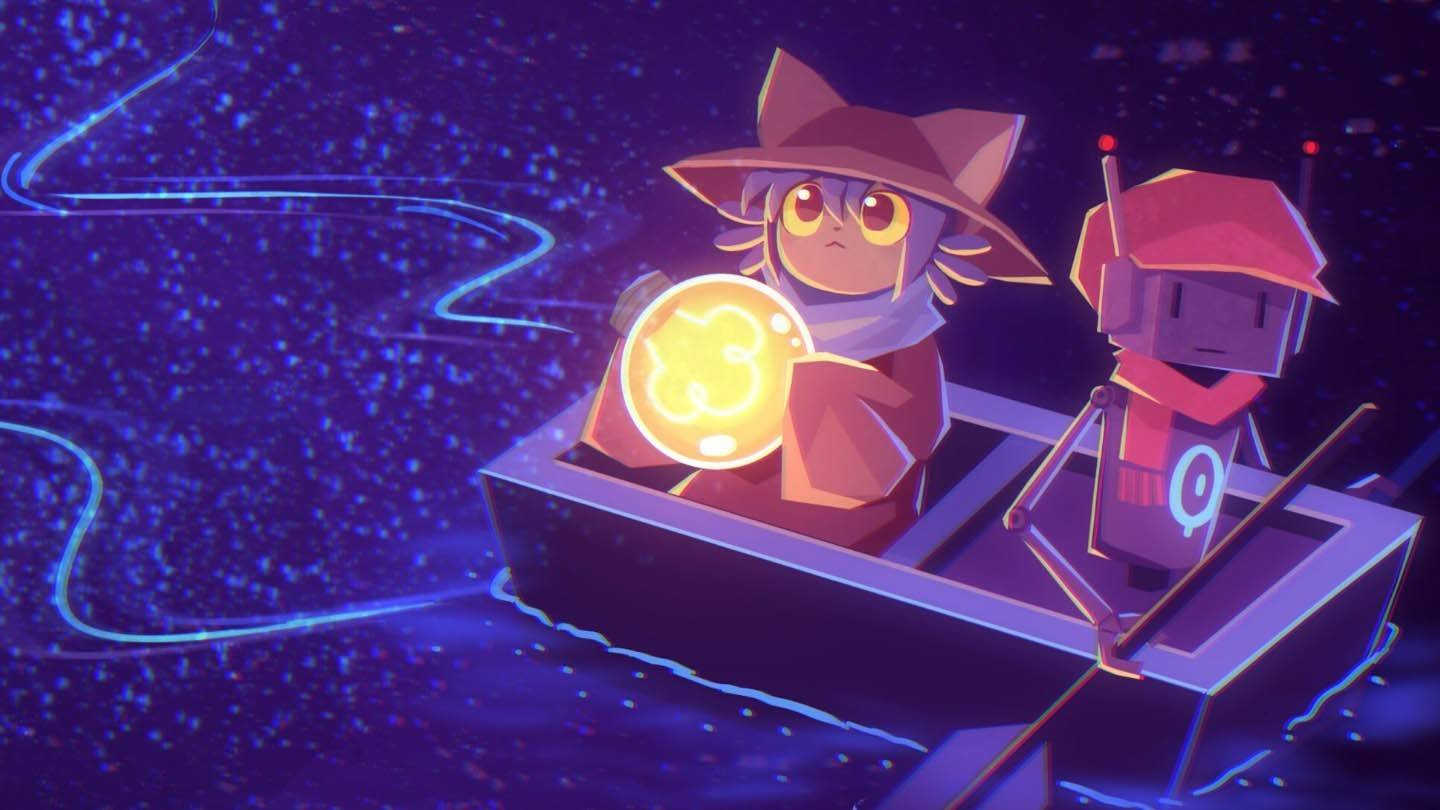
Moving away from visual novels, *OneShot*, an RPG Maker adventure, pushes the boundaries of meta-horror even further. While not marketed as a horror game, it contains genuinely unsettling moments. In *OneShot*, you guide a character to save the world, but the game is aware of *you*. It directly addresses you through system windows, creates files, and even changes its own title—all integral parts of the puzzle-solving experience. Unlike *DDLC*, *OneShot* fully integrates these meta-elements, creating a deeply engaging and memorable experience. For many, including myself, it was a first introduction to this genre, and I highly recommend experiencing it firsthand.
IMSCARED

Finally, we reach the pinnacle of meta-horror: *IMSCARED*. This game immediately came to mind when planning this article, setting the stage for everything that came before. Some might consider these types of games "viruses," and that's not entirely inaccurate; they access system data and manipulate files. However, reputable meta-horror games are not malicious. Always be cautious of programs disguised as games—though they are thankfully rare.
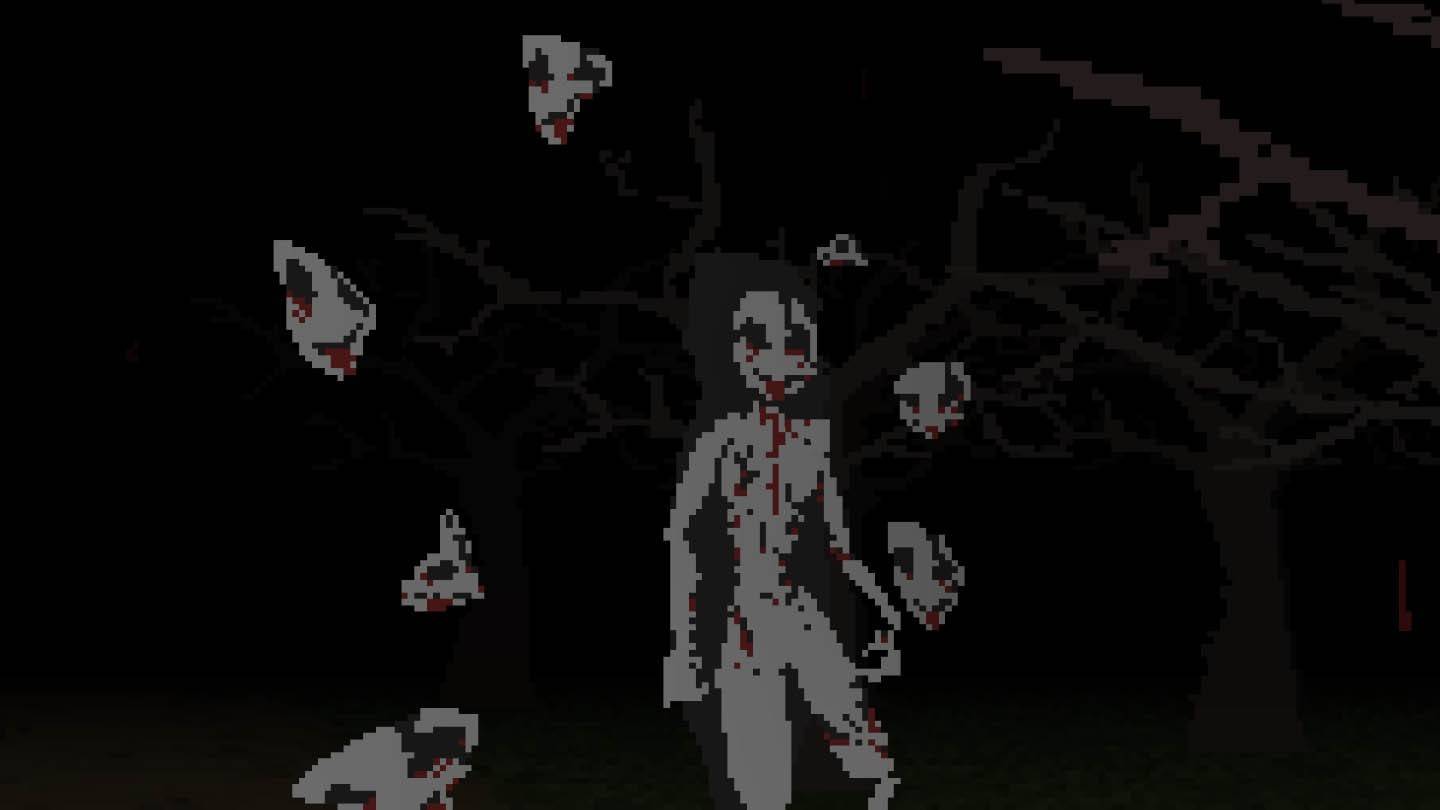
*IMSCARED* assures you it's not harmful upon launch, addressing potential antivirus flags. But what follows is extraordinary. *IMSCARED* doesn't consider itself a game, but rather a self-aware entity, a virus interacting with *you*. This concept drives the entire gameplay experience. It manipulates you by crashing, minimizing windows, controlling your cursor, and creating both helpful and disruptive files. Released in 2012 and updated since, it remains a chilling experience even in 2025. Be prepared for frustration from crashes and minimizations—but the overall experience is unforgettable. For me, *IMSCARED* perfectly embodies the essence of meta-horror, terrifying not just through visuals, but through direct interaction with your system.
Conclusion
While many games utilize similar techniques, few master them as effectively as the ones discussed here. Meta-horror offers a unique and unsettling gaming experience, and I highly recommend trying at least one of these titles. If visual novels aren't your preference, explore *OneShot* or *IMSCARED*. For those who enjoy randomness and survival elements, *Voices of the Void* provides another intriguing option.
-
1
![Roblox Forsaken Characters Tier List [UPDATED] (2025)](https://imgs.ksjha.com/uploads/18/17380116246797f3e8a8a39.jpg)
Roblox Forsaken Characters Tier List [UPDATED] (2025)
Mar 17,2025
-
2
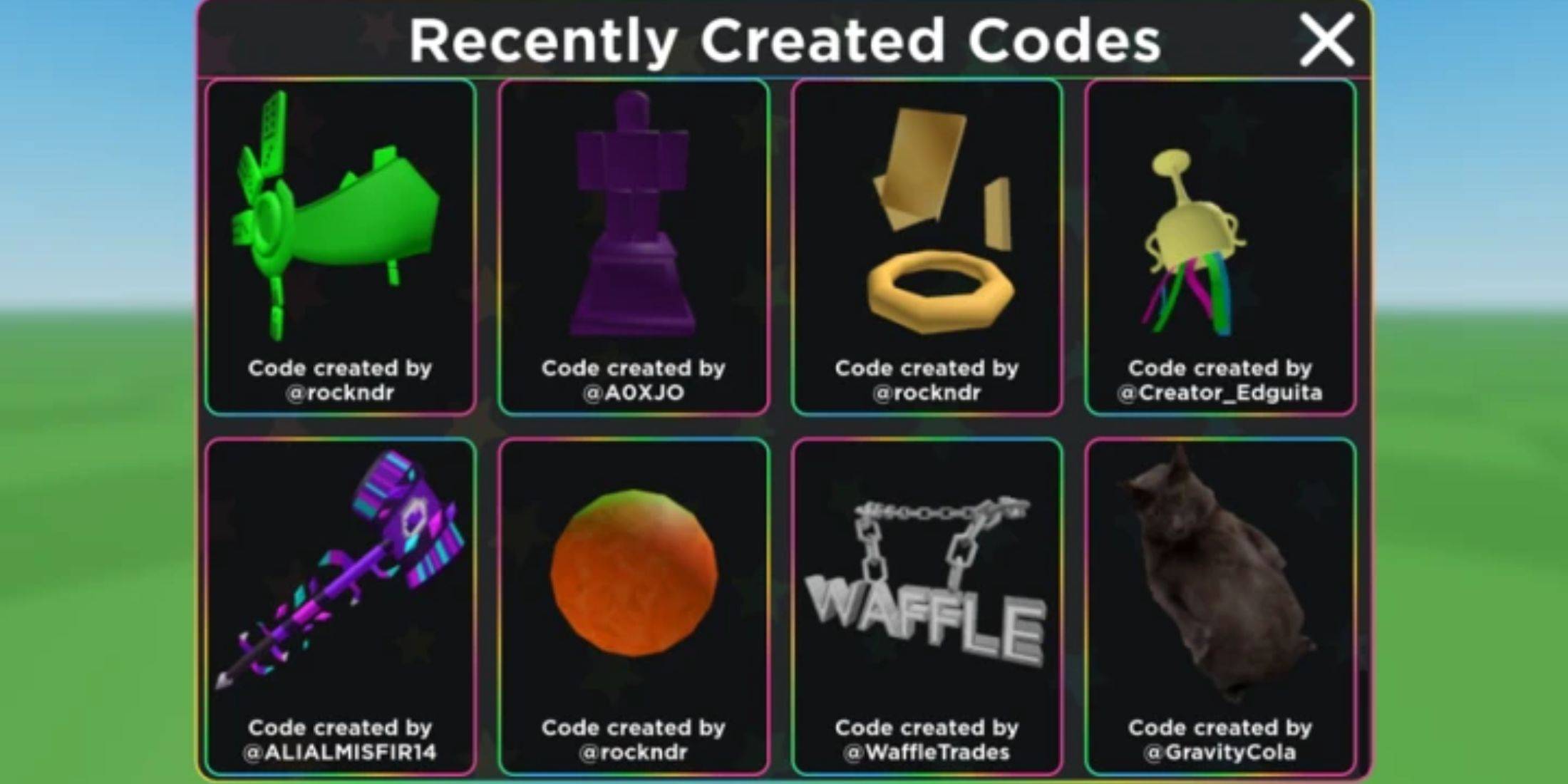
Roblox UGC Limited Codes Unveiled for January 2025
Jan 06,2025
-
3
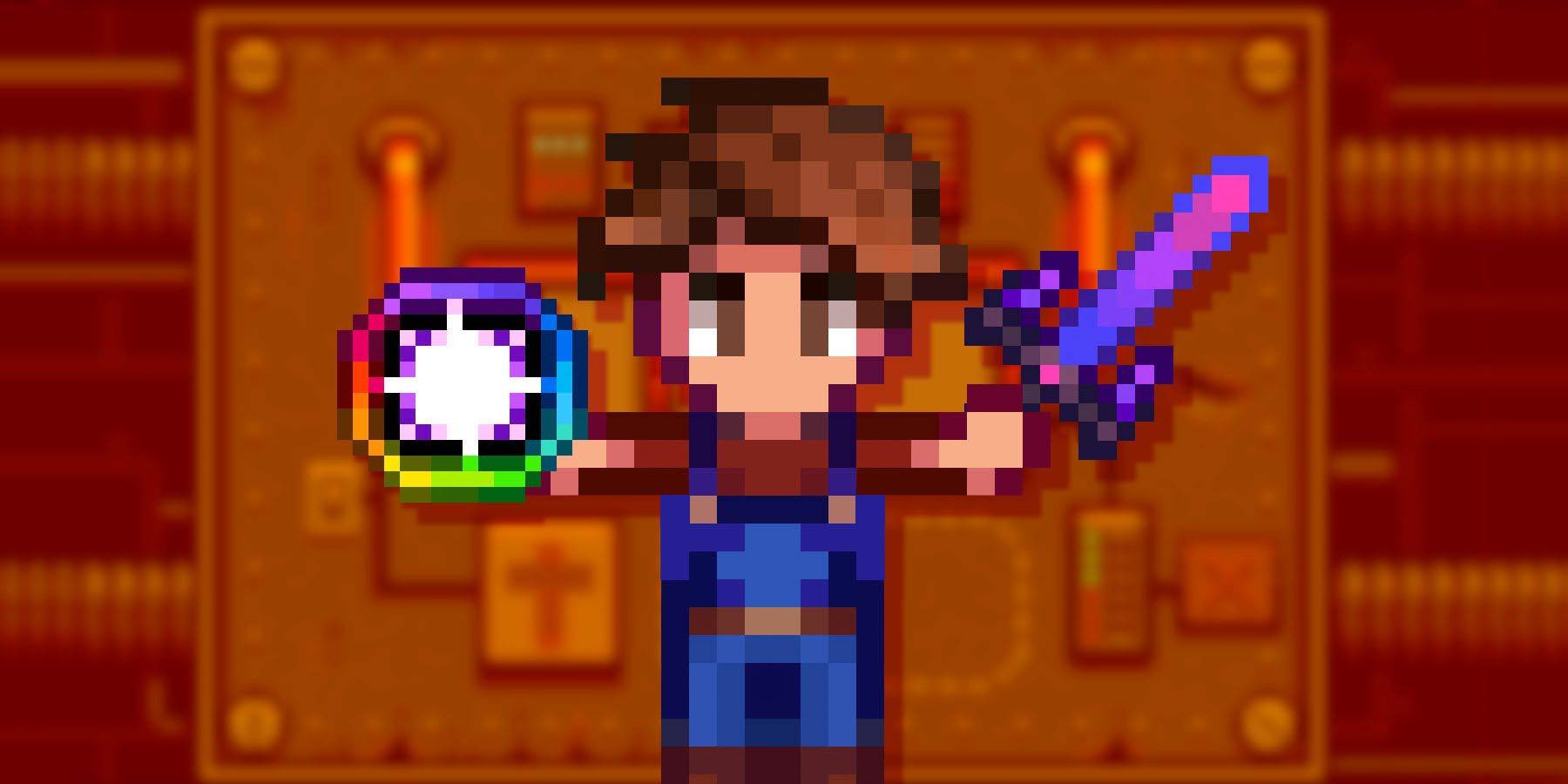
Stardew Valley: A Complete Guide To Enchantments & Weapon Forging
Jan 07,2025
-
4

Pokémon TCG Pocket: Troubleshooting Error 102 Resolved
Jan 08,2025
-
5

Free Fire Characters 2025: Ultimate Guide
Feb 20,2025
-
6
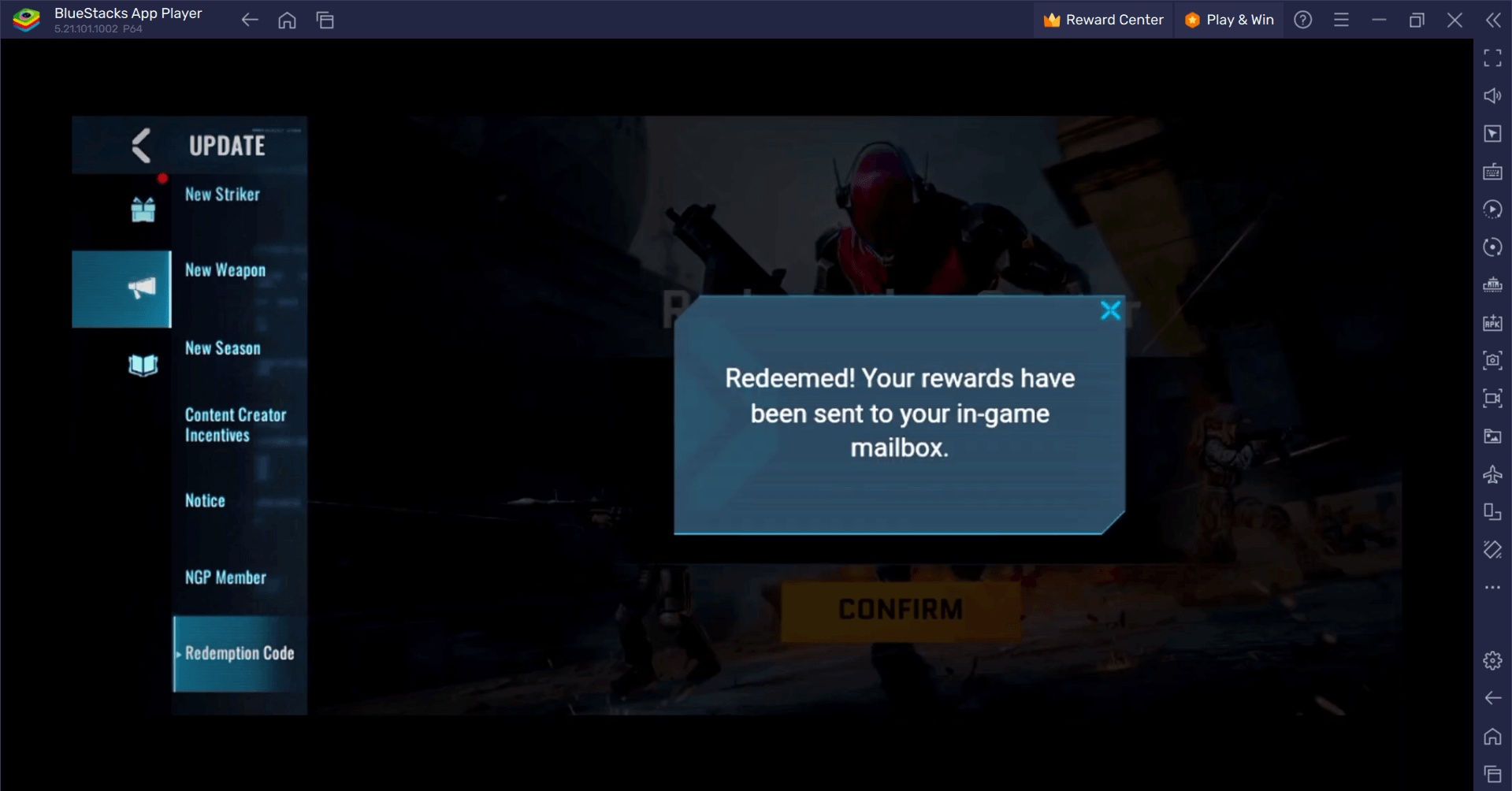
Blood Strike - All Working Redeem Codes January 2025
Jan 08,2025
-
7

Blue Archive Unveils Cyber New Year March Event
Dec 19,2024
-
8
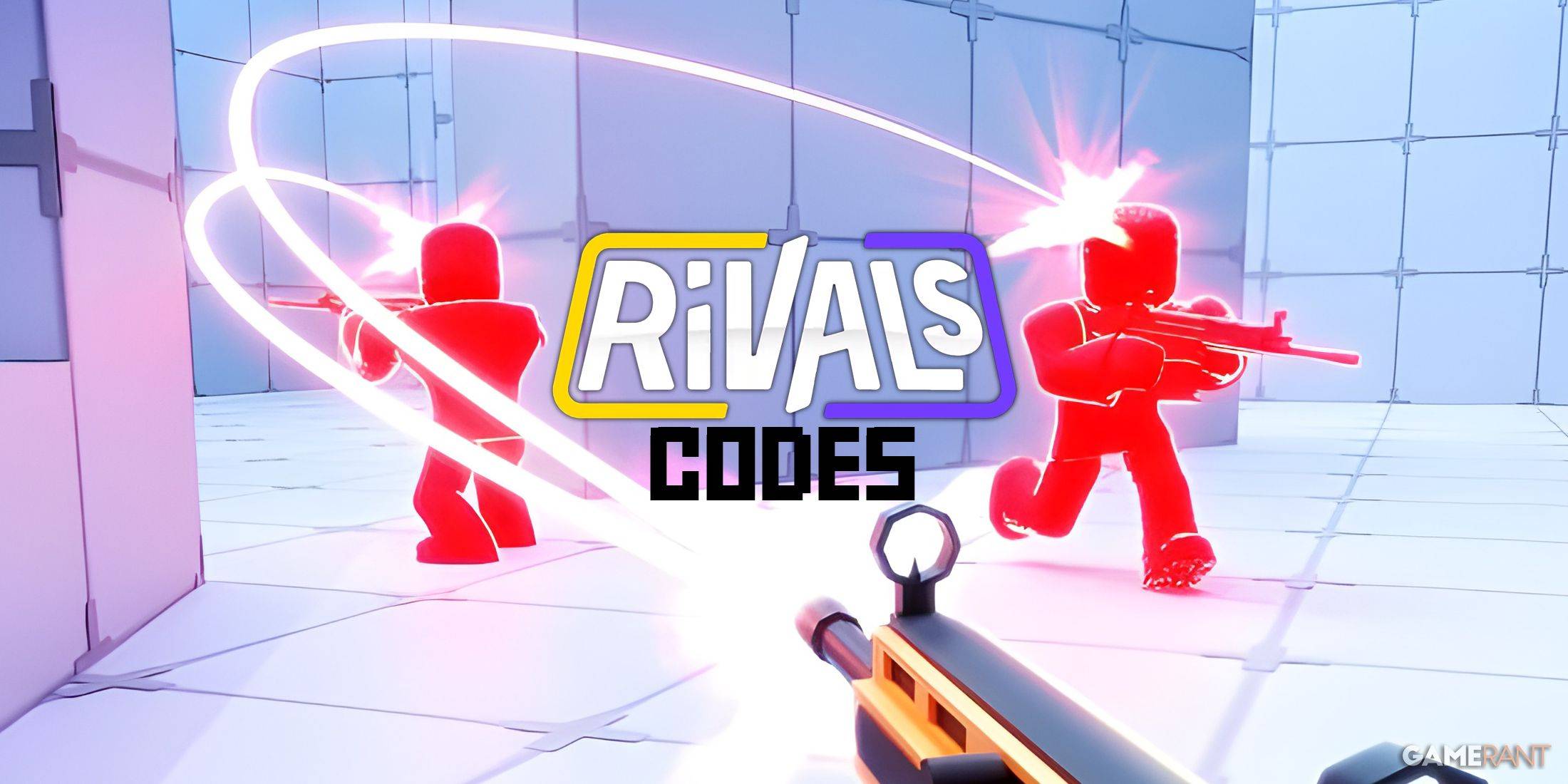
Roblox: RIVALS Codes (January 2025)
Jan 07,2025
-
9
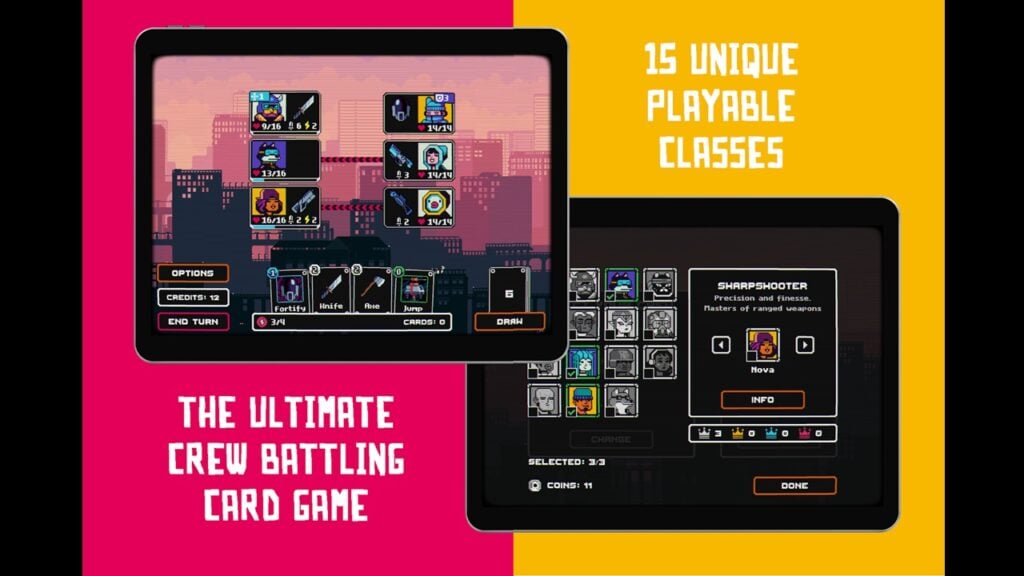
Cyber Quest: Engage in Captivating Card Battles on Android
Dec 19,2024
-
10

Delta Force: A Complete Guide to All Campaign Missions
Apr 09,2025
-
Download

A Simple Life with My Unobtrusive Sister
Casual / 392.30M
Update: Mar 27,2025
-
Download

Random fap scene
Casual / 20.10M
Update: Dec 26,2024
-
Download
![Corrupting the Universe [v3.0]](https://imgs.ksjha.com/uploads/66/1719514653667db61d741e9.jpg)
Corrupting the Universe [v3.0]
Casual / 486.00M
Update: Dec 17,2024
-
4
Ben 10 A day with Gwen
-
5
Oniga Town of the Dead
-
6
A Wife And Mother
-
7
Cute Reapers in my Room Android
-
8
Permit Deny
-
9
Utouto Suyasuya
-
10
Roblox

